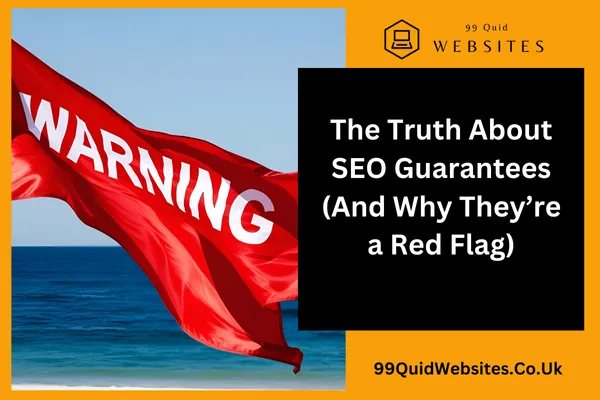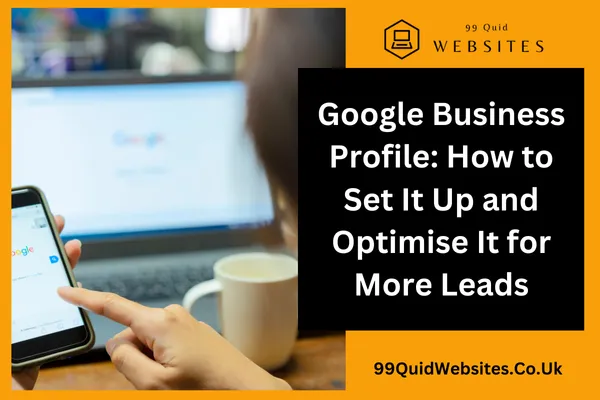Why Your Website Isn’t Ranking – And How to Fix It
Let’s be honest – there’s nothing more frustrating than pouring time, money, and energy into your website, only to find it’s buried on page 7 of Google, lost in a digital graveyard
Our Sales & Marketing Tips Blog
Blogging is great way to market your website.
Check out ours! It's packed with Digital Marketing tips!


You know how it goes. Someone posts in a local Facebook group: “Urgently need an electrician – anyone got recommendations?” Within seconds, a dozen names are dropped (some spelled so wrong they’d make your mum wince), and if you’re lucky, someone might mention your business. But most of the time? You’re not even on the radar.

Let’s be honest – as a UK small business owner, you’ve got enough on your plate. Between juggling customers, cash flow, and (for some of us) that dodgy kettle in the office kitchen, the last thing you need is to be misled by empty promises from an SEO company.

Let’s talk about SEO—the mystical, ever-changing beast that promises to make your website the star of Google’s front page.

If you're a small business owner in the UK, you’ve probably heard the term SEO thrown around more times than you can count. But have you heard of local SEO?

Let’s be honest—when was the last time you reached for the Yellow Pages? These days, when people want to find a café, solicitor, dog groomer, or mobile mechanic, they ask one person: Google.

If you’ve ever stared at a blinking cursor on a blank page wondering, “What do I even write for my website?”—you’re not alone.

Creating a new website can be an exciting yet overwhelming task. One of the key decisions you’ll face is determining how much content to include. Too little, and your site may look sparse and uninviting; too much, and it might overwhelm visitors.
